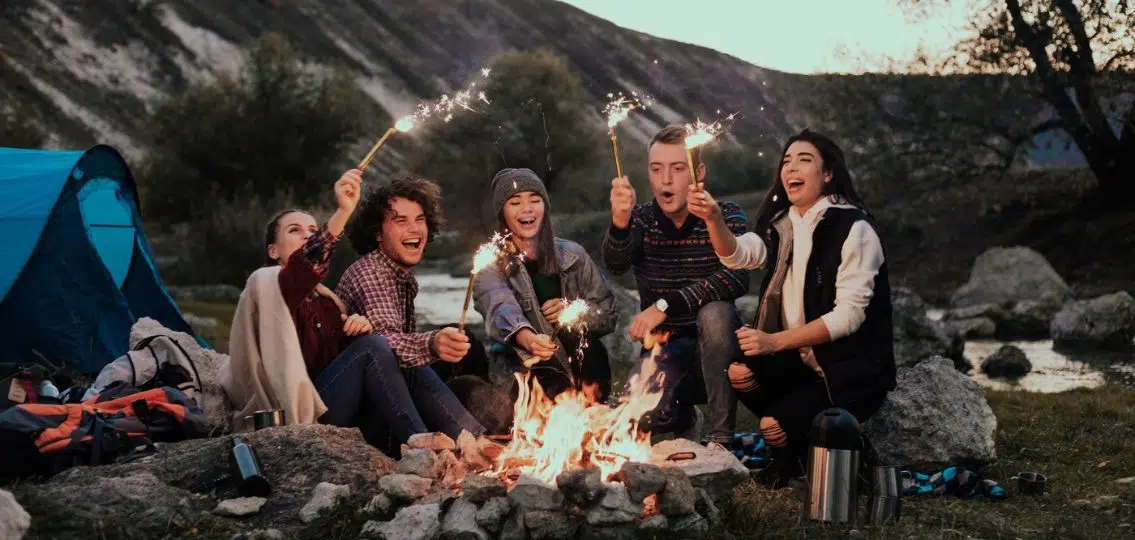One of the hardest things about raising teens is you have to rely on your parental authority less, and your parental influence more. Our kids spend more time away from us, with people of… well, let’s say “varying” degrees of good sense and trustworthiness.
It’s tempting to just lock our teens indoors until they’re, say, 30 or so, but that’s not realistic. A better solution is to send them out into the world with the skills they might need to survive or prevent an emergency. Here are five of my favorites.
1. Swimming Safety/Lifesaving
Water play is a hallmark of typical teenage fun. But sometimes that fun combines with teen inexperience and impulsive decision-making and it leads to tragic drownings every year. Just ask a county sheriff with a river or lake within their jurisdiction.
You can significantly lower the risk of your teen drowning by providing them with swimming lessons. Teens with strong swimming skills may want to enroll in a lifesaving course, both for the valuable skills they’ll learn and for the job opportunities the certification will provide.
2. Safety Codewords
Safety codewords are agreed-upon phrases that mean something like “be careful” or “run now.” Security professionals worldwide use them. So should you. For example, your family could agree that the word “Milwaukee” means everybody goes to the car right now. (Note: don’t use that particular word if you live in Milwaukee.) Or that “armadillo” means I don’t want to be here with these people, please pick me up now.
Teach your teens how to use codewords, and encourage them to set up safety codewords with their friends. Bonus points for letting them know they can have other words for things like “this party is lame, let’s go.”
3. Advanced First Aid for Teens
Make sure that your teen at least has basic first aid training. If they want to advance beyond basic certifications, then enroll them in a civilian trauma medicine course. Stop the Bleed is a good one. Advanced first aid training builds the skills and confidence people need to solve problems when in trouble, and that’s the sort of mindset we want our teens to have when we set them loose in the world.
4. Talking to Authorities
Watch the news today and you’ll see any number of examples of how bad it can get when frightened or nervous kids talk with authorities the wrong way. Jail time for a minor offense, unnecessary civil confiscation, and even injury and death are possible.
That’s why it’s important for kids to learn how to talk to the police, restaurant managers, security guards, and other people in authority. Whether they’re reaching out for help in an emergency or they’re being approached because of teenage misbehavior, or for more malicious intents like racial, religious, or gender targeting, the more your kids know how to talk to authority figures, the better the outcome will be.
5. Finding Helpful Strangers
“Don’t talk to strangers,” may have been the prevailing advice when we were growing up, but that’s not smart advice now. We need to teach our kids how to identify trustworthy strangers who can help them when there’s an emergency or when they need assistance. Point out parents with kids of their own, staff behind a service counter, and professionals in uniform. From time to time while you’re out in the world, ask about which strangers in that area they would go to in an emergency. Practice prepares your kids to use those identification skills when you’re not there.
Leading By Example
Enrolling your kids in safety classes or workshops like the ones mentioned above and finding time to practice safety skills at home with your teen can be challenging for many schedules, but they’re also powerful parenting moves. Carve out some quality time for your kids to learn what to do in an emergency. Try to reinforce these safety skills so they can feel more security and confidence as they navigate the world.




